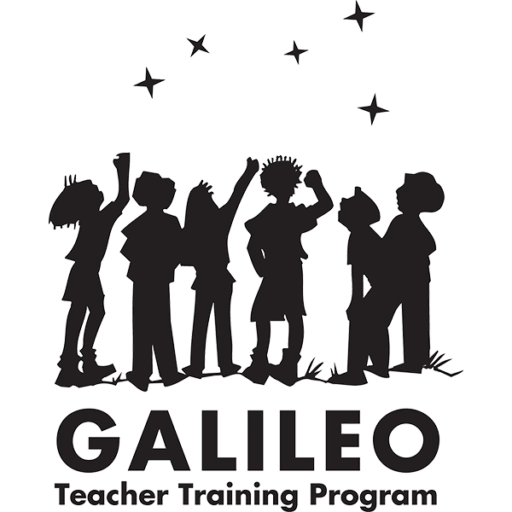This article is based on a Press Release by IAC – Science Communication and Culture Unit
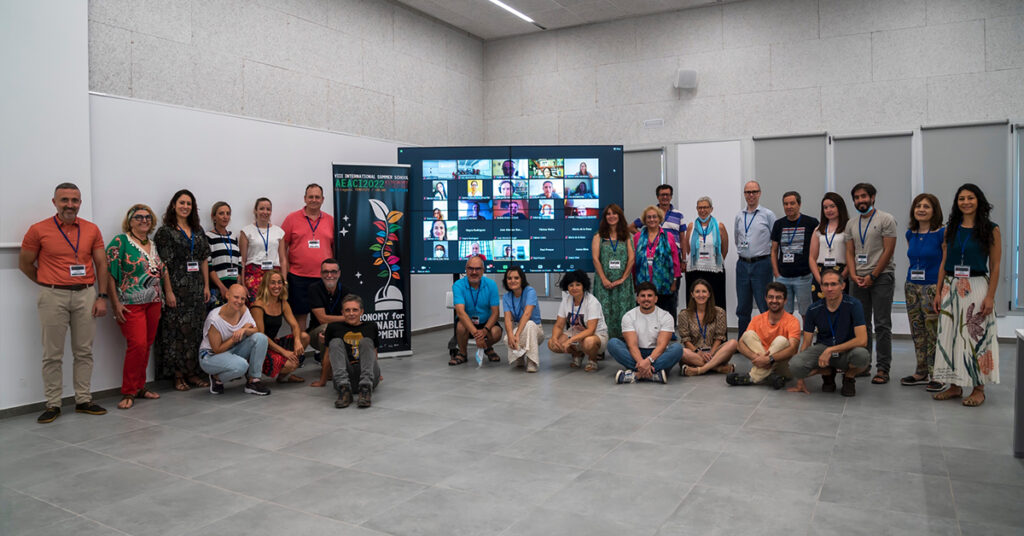
Last week saw the ending of the eighth edition of the school “Astronomy Education Adventure in the Canary Islands” coordinated by the IAC and NUCLIO, with the participation of 56 teachers from 17 countries. Astronomy for Sustainable Development was the central theme of this edition.
For the eighth consecutive year the Instituto de Astrofísica de Canarias (IAC) and NUCLIO (the coordinator of the Galileo Teacher Training Program (GTTP) Teacher, in collaboration with several educational projects, have joined forces to organize the international summer school for teachers “Astronomy Education Adventure in the Canary Islands” (AEACI 2022). Motivated by the celebration of the International Year of Basic Sciences for Sustainable Development, this edition was aimed at picking out the contribution of astronomy to the objectives of sustainable development.
After two years in virtual mode, the school was held for the first time in hybrid format, with 20 participants attending personally in Tenerife, and 35 participants on-line, from Spain and 16 other countries (Romania, Greece, Italy, Portugal, Colombia, the United Kingdom, Algeria, Brazil, the Democratic Republic of the Congo, Egypt, India, Nigeria, Pakistan, Peru, Serbia and Ukraine). A further 50 teachers registered with the school to get access to the material and recordings of the various sessions after the event.
The school was held from 24th to 29th July in IACTEC and in the IAC headquarters, in La Laguna, and consisted of lectures and practical workshops, as well as teaching visits to the IACTEC installations, the Museum of Science and the Cosmos (Museums of Tenerife), and the Teide Observatory, plus an optional visit to the Visitor Centre and the Roque de los Muchachos Observatory (La Palma) on July 30th.
The aim of the school is to give the participating teachers the knowledge and the tools to enable them to stimulate their students’ interest in science and technology via their participation in research projects in astronomy and related fields, as well as to promote knowledge of the sky and its preservation as part of the legacy of humanity.
The programme is organized in the framework of the Educational Project with Robotic Telescopes, (PETeR, its acronym in Spanish) in collaboration with NUCLIO, the Faulkes Telescope Project (FTP), National Schools’ Observatory (NSO), and CESAR (Cooperation through Education in Science and Astronomy Research) initiative (ESA-INTA-ISDEE).
The school was funded partly by the Unit of Communication and Science Culture (UC3) and the Severo Ochoa Programme of the IAC.
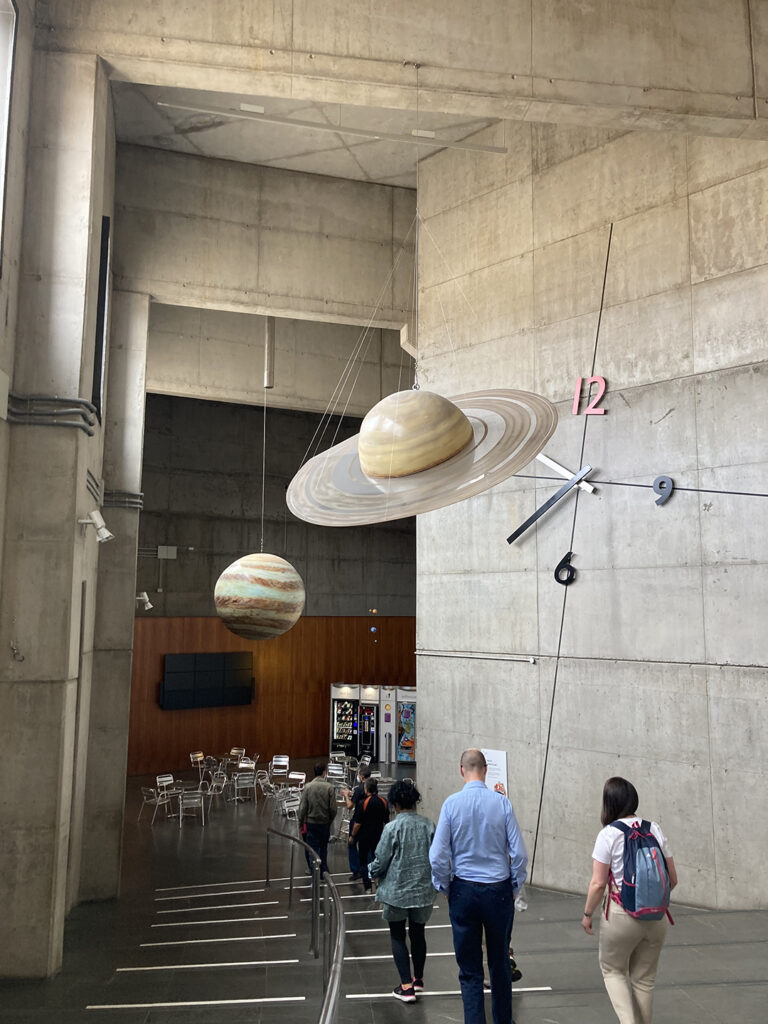
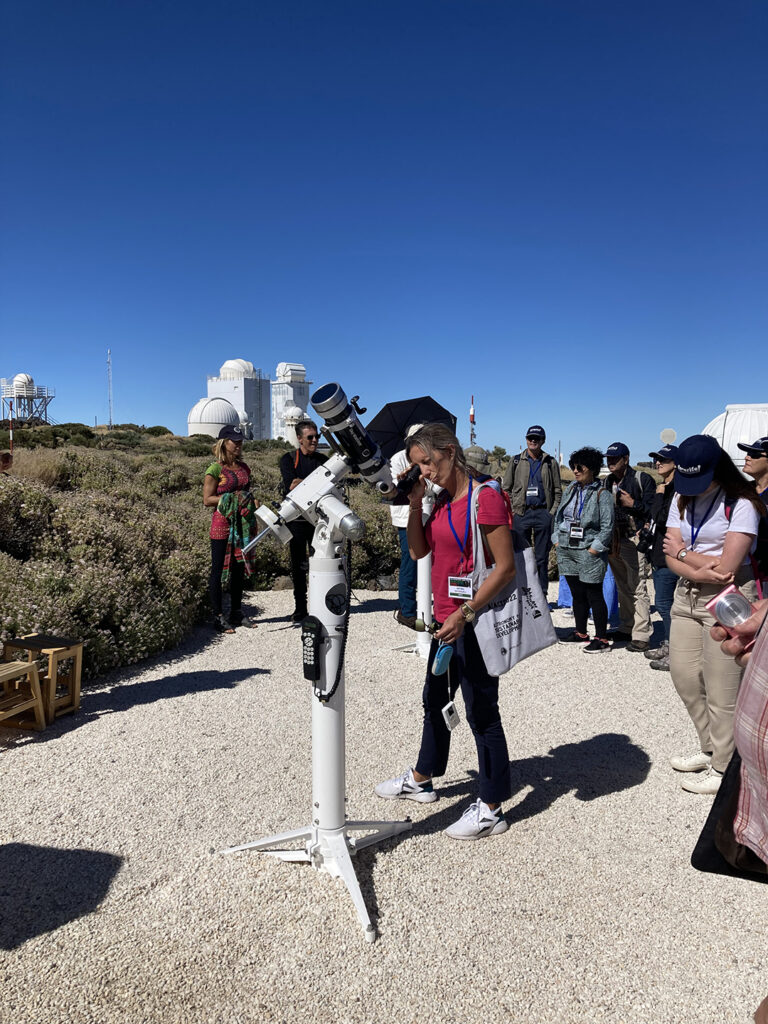
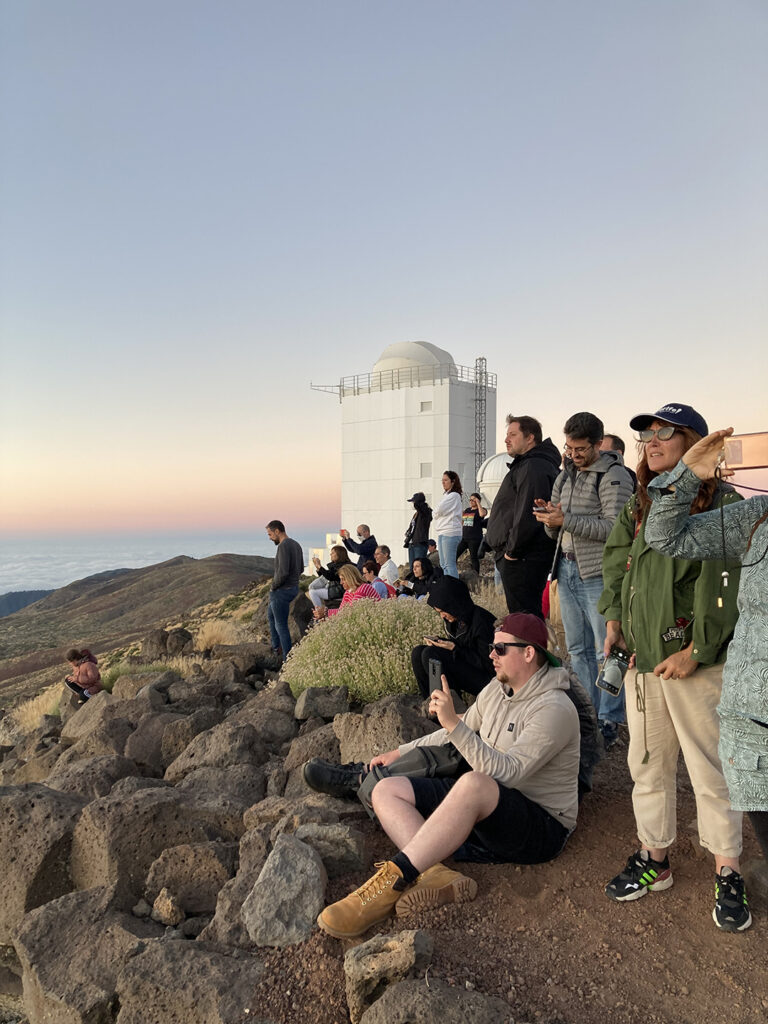
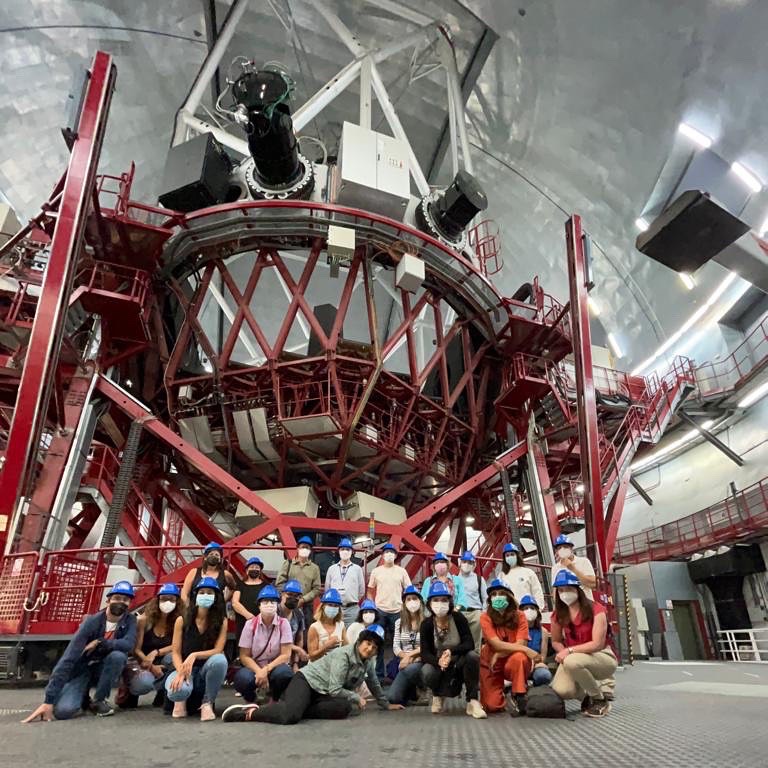
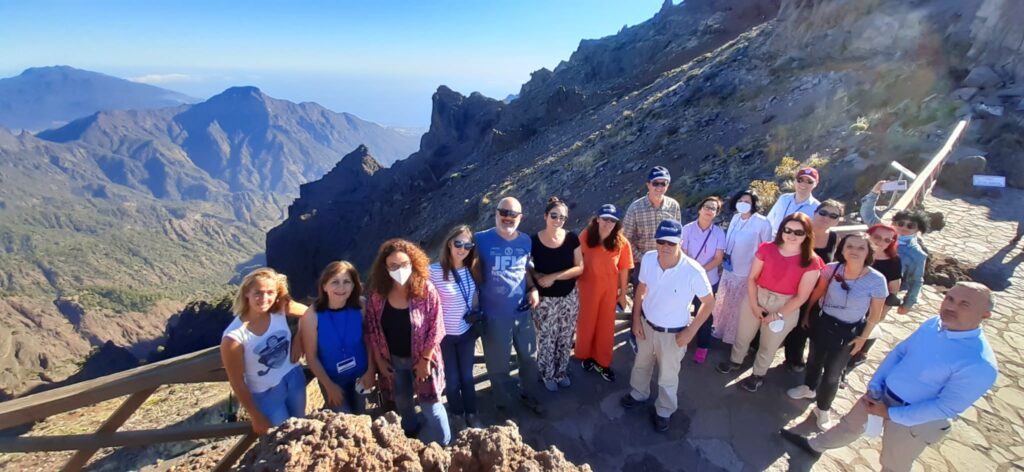
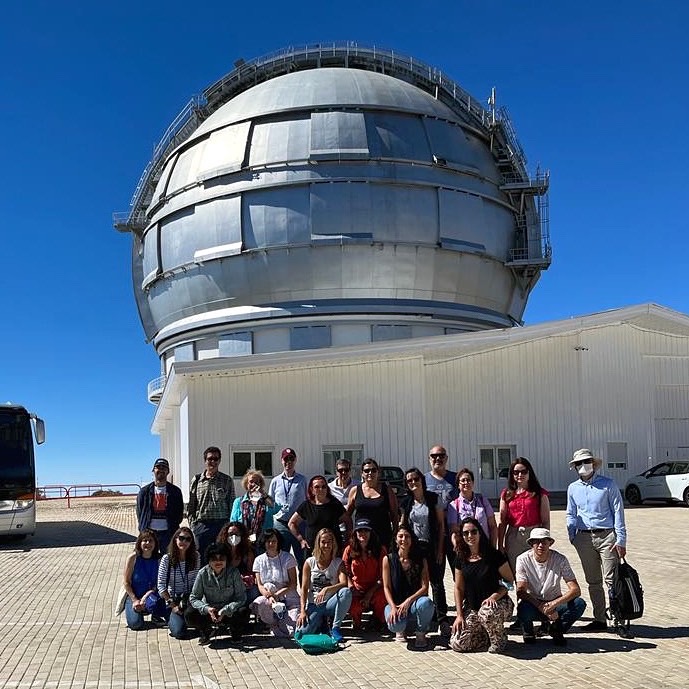
The team
The people who have made this training course possible are:
Chairs: Nayra Rodríguez (IAC) and Rosa Doran (NUCLIO)
Local organizers (IAC): Nayra Rodríguez, Irene Puerto and Iván Jiménez
Lecturers: Nayra Rodríguez (IAC), Rosa Doran (NUCLIO), Irene Puerto (IAC), Gustavo Rojas (NUCLIO), Fraser Lewis (NSO, FTP), Sandra Benítez (CESAR), Juan Ángel Vaquerizo (CESAR), Rafael Rebolo (IAC), Xana Delpueyo (IACTEC), Felipe Murgas (IAC), Miquel Serra (IAC) and Rafael Barrena (IAC).
Technical and audiovisual support: Iván Jiménez (IAC)
Design: Inés Bonet (IAC)
Technical secretariat: Ana Costa (NUCLIO) and Magna Congresos
Social network support: Teresa Direitinho (NUCLIO), Iván Jiménez (IAC) and Joana Magalhães Silva (NUCLIO)
